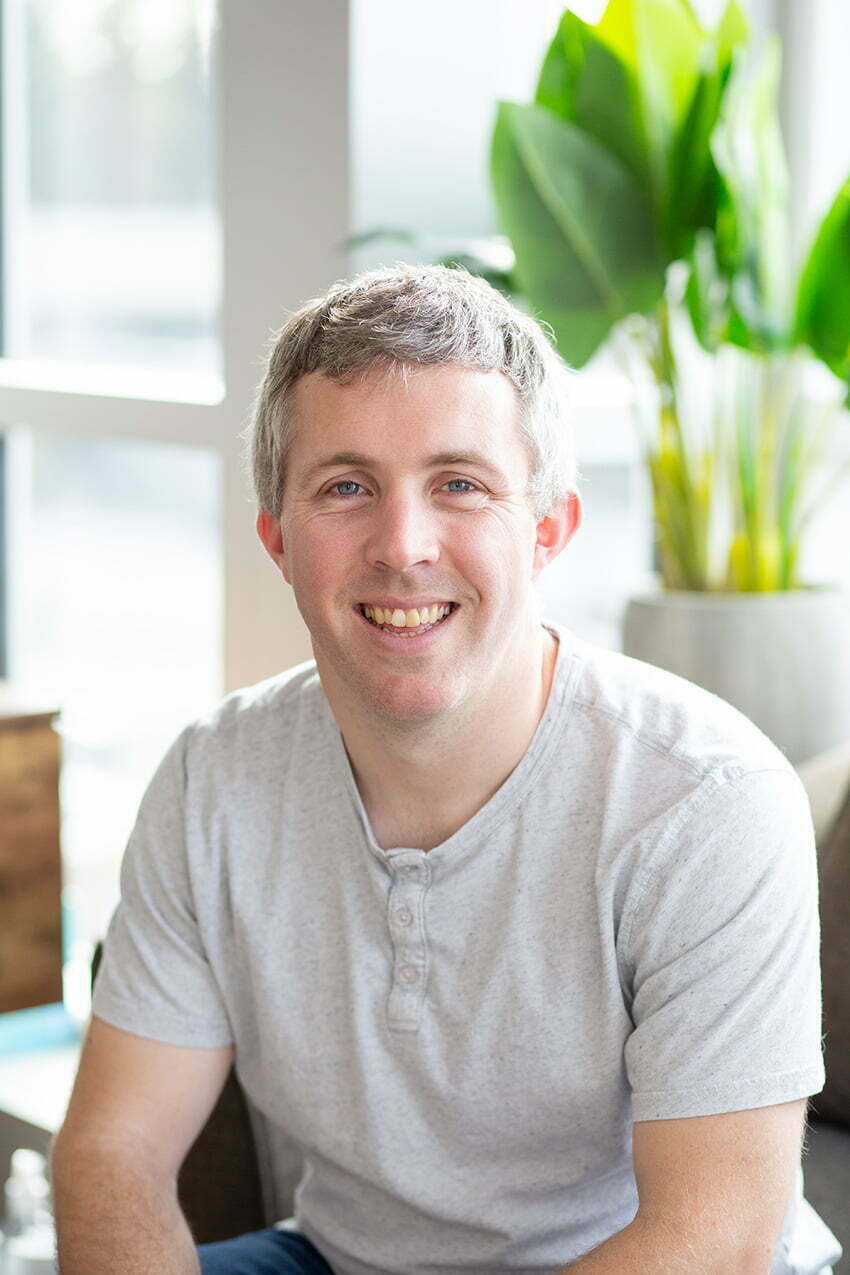We will aim to establish your goals for therapy from the first session, and these will be a major indicator of how good a fit we are working together. If you perceive that we are achieving your goals, or making progress towards them, great! If you don’t think that is happening, you are welcome to bring up your thoughts, and we can figure out what is not going right yet. I will always be honest about what I believe I can and cannot help you with, and you are always free to make your own decision about whether therapy with me is helping you in the way you need.
Fear of judgement is one of the greatest obstacles clients face in establishing a good working relationship with their therapist, so let me be clear about that right away - you have found a wholly accepting place here! I will not judge you, I will only try to help you as best as I can.
When you find a good fit of a therapist for you, you will feel supported by the therapist, and challenged in ways that clearly have your best interests in mind. You will leave your sessions feeling like you have gained valuable knowledge or insight into your experiences, both in understanding how they came to be this way, and in understanding how you can create a different experience for yourself. Therapy can often be about creating change in a person, and change can often feel uncomfortable, but this discomfort is a type that you will recognize as one that you start to seek out - recognizing that the discomfort in the moment is worth the growth made moving forward.


